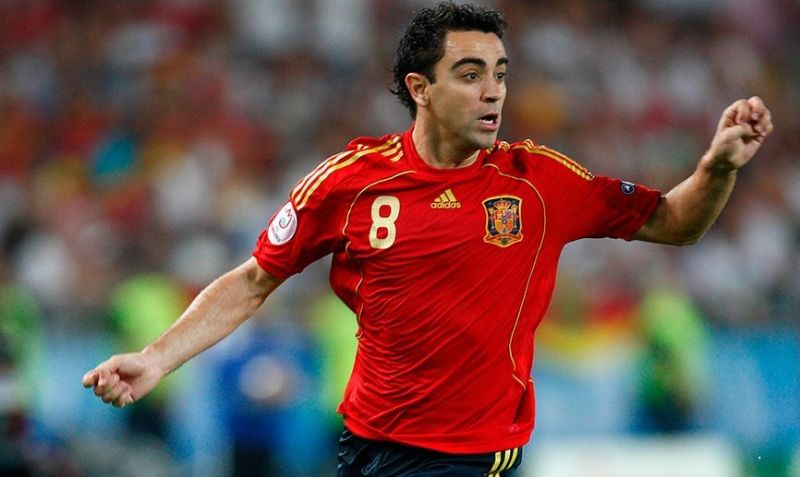
World Cup 2018: 3 reasons why tiki-taka is seemingly dead

Spain’s defeat to Russia in a 2nd round match of the FIFA World Cup 2018 signaled the end of a golden era that has seen them win a lot of trophies and accolades. However, that defeat also indicated the demise of tiki-taka, the Spanish nomenclature for a version of football comprising incessant short passes.
The likes of Andres Iniesta, Gerrard Pique and Sergio Ramos are not going to play for Spain again and their departure should also usher in a new style to Spanish football.
It was not only Spain who had suffered, but a number of other countries those influenced by the system also went out early. Germany won the last World Cup with a faster and more clinical version of tiki-taka but suffered the ignominy of bowing out of the group stages in Russia.
There were also some teams like Egypt and Saudi Arabia who tried to imitate Spain’s style of play and could not qualify for the second round.
This was in stark contrast with teams like Brazil, France and Croatia whose faster and more direct football enabled them to qualify from their respective groups with aplomb.
Those teams did not dominate possession like Spain and Germany, neither did they play numerous passes. However, what they succeeded in doing was to score goals and win matches. We would like to look at 3 reasons which caused the downfall of the much vaunted tiki-taka.
#1 Lack of quality players

It is the players who make a system successful in football and a lack of quality cannot be compensated by any strategy. A number of world-class players formed the fulcrum of the successful Spanish and German sides of recent past.
Xavi Hernandez and Andres Iniesta were the 2 prime architects of Spain’s success in the past decade. With Xavi’s retirement and Iniesta’s ageing, Spain have lost their edge and performed poorly at the biggest stage. They have not been able to find suitable replacements for superb passers like Cesc Fabregas and Xabi Alonso either.
The same goes for Germany who no longer have players like Lahm, Schweinsteiger and Klose in their line-up. Both countries have tried to replace these legends but have failed miserably so far.
It has to be understood that everyone cannot pass like Xavi, neither does every player possess the ball skills of Iniesta. Therefore, it is very difficult to replicate their success with lesser mortals.